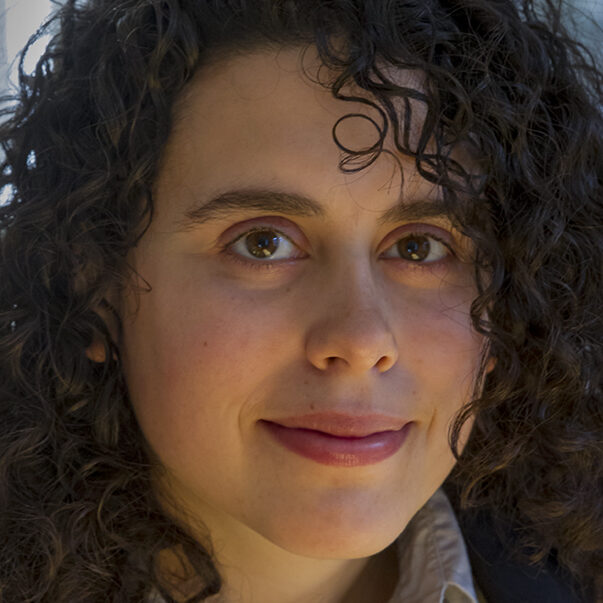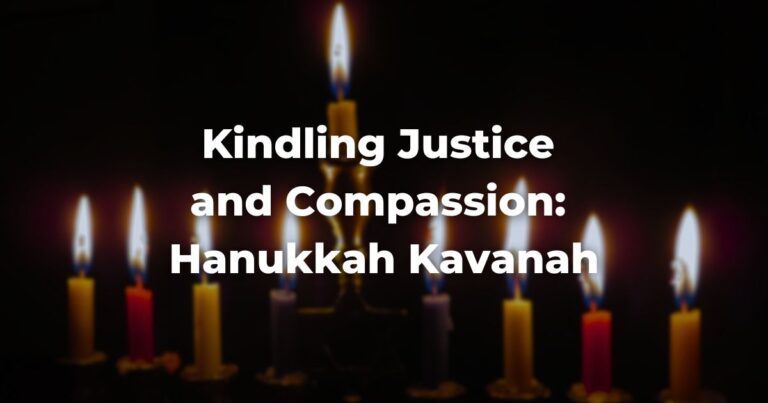The sun has set on the seventh day of Sukkot which means that it’s time to ask the age-old question: What the H-E-double-hockey-sticks is Shemini Atzeret?
I’m not exaggerating when I say this question is “age-old.” The biblical command to celebrate this holiday is short on details (see Leviticus 23:36), not to mention untranslatable. Literally, no one knows exactly what atzeret means and every rabbinical reference to the holiday involves a lot of head-scratching:
What does one do on Shemini Atzeret? Why does one Shemini Atzeret?
Barring any archaeological discoveries, we may never know the historical answer. But it’s a biblical command. It’s just there inviting / challenging us to make meaning out of it.
And, hear me out, if you want to get the most out of Shemini Atzeret this year, try thinking of it as an after-party.
What is an After-Party
You guessed it—I’m about to talmudically dissect an after-party: What is an after-party? Who’s invited, or stays, and who leaves? What is the significance of the after-party to the guests? To the hosts? Wasn’t the party itself enough?
Imagine, you just attended your best friend’s out-of-state wedding. After (potentially) days of pomp and circumstance and unity sand rituals (I mean Kiddushin! Totally Kiddushin!), it’s time for the after-party. Because all you want to do right now is take off those pinchy shoes, pass out the adult gummies, and chat with the couple over the lilting sound of the best man’s “chill” playlist.
(Any similarities to actual persons, living or dead, or actual events is purely coincidental).
Why do you need the after-party? Well—your feet hurt, maybe you don’t want to leave all the fun just yet, but most importantly—between all those rituals from bedeken to cake cutting—you really didn’t get to talk to anybody, or at least not meaningfully.
Why Do We Shemini Atzeret?
The High Holidays are liturgically, ritually, and spiritually grand. We’re blowing shofars, we’re fasting, we’re building sukkahs—there’s a lot going on. While Hoshana Rabbah (the seventh day of Sukkot) is the official end of the High Holiday season, according to Rashi and other commentators, God isn’t ready to end the party.
I mean, leave it to God to be the universe’s biggest introvert. The gates of prayer are closed all year except on the High Holidays because other people are a lot…except now that everyone’s leaving, God’s like “Wait, I love you guys tho.”
The after-party isn’t for everyone. Your mother-in-law’s ex-officemate left right after cake. Who remains behind: those who are closest with the host, with God. Those with the deepest, long-standing relationship. Those who would yearn for just a few more minutes with each other to really talk or even sit still in each other’s company.
Then why not do Chag Ha’Atzeret on any other day, when we are less exhausted and have fewer Sukkah-induced injuries?
Well, the after-party wouldn’t exist without the party—the motivation to be there in the first place. We need all that pomp and circumstance: aka ritual and spiritual purification, to reach the point where we can simply linger. Simply chill with God.
Author
-

Emily Jaeger is a poet and professional writer based in Wilmington, North Carolina. Her work has appeared in Insider, News Courier, and JTA among others. https://emilyjaeger.com/
View all posts






